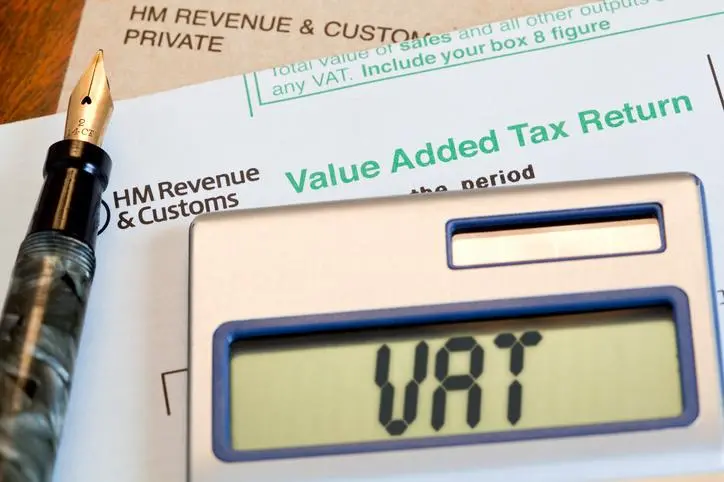PHOTO
Companies and individuals who registered with the Federal Tax Authority (FTA) for value-added tax can deregister if their annual turnover did not exceed Dh187,500 ($51,000) 13 months after registering with the FTA.
Anurag Chaturvedi, managing partner at Chartered House Tax Consultancy, said if a registrant did not make the taxable supplies within 12 months from the date of registration and also did not anticipate that within next 30 days after the end of tax year the the taxable supplies or expense will exceed Dh187,500, then an application for deregistration can be made.
Citing an example, he said if a tax registrant applied for voluntary registration on January 1, 2018, and its tax year ended on December 31, 2018, and that registrant has not made supplies equal to Dh187,500, it shall evaluate if its taxable supplies or taxable expenses will exceed the voluntary threshold within the next 30 days (ending on January 30). An application for deregistration can be made before February 20.
"If a tax registrant applied for voluntary registration on June 1, 2018, in that case his tax year will end on May 31, 2019. He shall assess his supplies and expenses within June 1, 2018 to June 30, 2019," Chaturvedi explained.
Kinnari Doshi, managing partner at NR Doshi & Partners, said taxable persons/companies must apply for deregistration if they fulfill any of the conditions laid down in the Decree Law and Executive Regulations and failure to apply within the timeframe specified will attract an administrative penalty of Dh10,000. "We believe that a few thousand companies would apply for deregistration either because they would fulfill the conditions laid down in the Decree Law and the Executive Regulations or are being liquidated in their normal course of operations. At the same time, we believe that many more companies would register because they would satisfy the registration criterion defined in the law," Doshi said.
Highlighting the effects of deregistration, she noted that deregistration from VAT bring a few benefits to businesses. "Businesses would not incur costs for complying with the VAT Laws. Furthermore, their goods and services would be cheaper to non-registered individuals and businesses as no VAT would be levied."
"However, business would not be able to claim back VAT on expenses that they incur after deregistration. Additionally, they would be required to pay VAT on inventory or other assets that they purchased while they were registered, irrespective of whether they claimed VAT on such assets. These assets would be considered as deemed supply i.e. the self-supply of assets on hand at the date of deregistration," Doshi added.
David Stevens, partner for VAT implementation in the GCC at EY, said if a business is not eligible to be voluntarily registered because either their taxable turnover or expenses are below the required threshold value of Dh187,500, then they should deregister.
"Furthermore, we understand that the FTA is checking registration eligibility to ensure very small businesses that should not be registered are indeed excluded from registration and deregistered if they did obtain registration late in 2017 for whatever reason,"added Stevens.
Pratik Shah, resident partner and VAT expert at WTS Dhruva Consultants, said businesses that registered with the introduction of VAT and not making any taxable supplies or having average taxable supplies of less than Dh16,000 per month in the previous 12 months would be required to mandatorily deregister as per UAE VAT legislation.
Considering the turnover amount is very nominal, Shah expects very few businesses will be required to mandatorily deregister.
He noted that businesses need to analyse deregistration carefully.
"The key drawbacks are VAT charged by suppliers will become cost to the company which may result in increase in prices and businesses not registered under VAT may also not be considered a preferred supplier by their VAT-registered customers."
Copyright © 2019 Khaleej Times. All Rights Reserved. Provided by SyndiGate Media Inc. (Syndigate.info).












